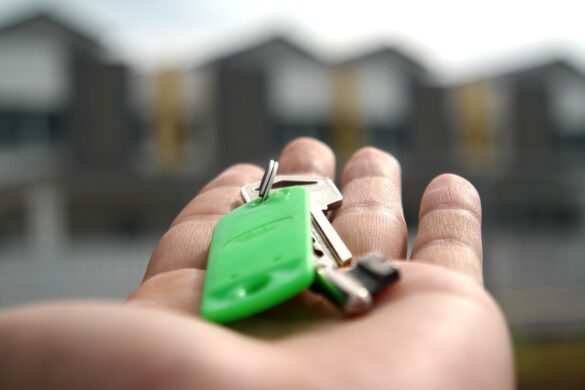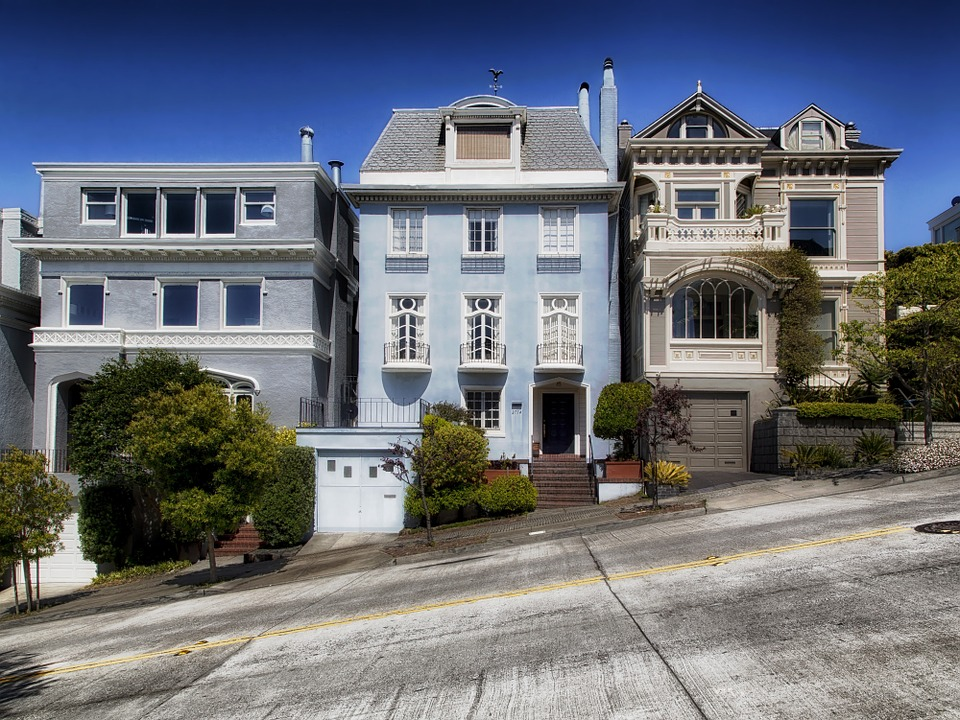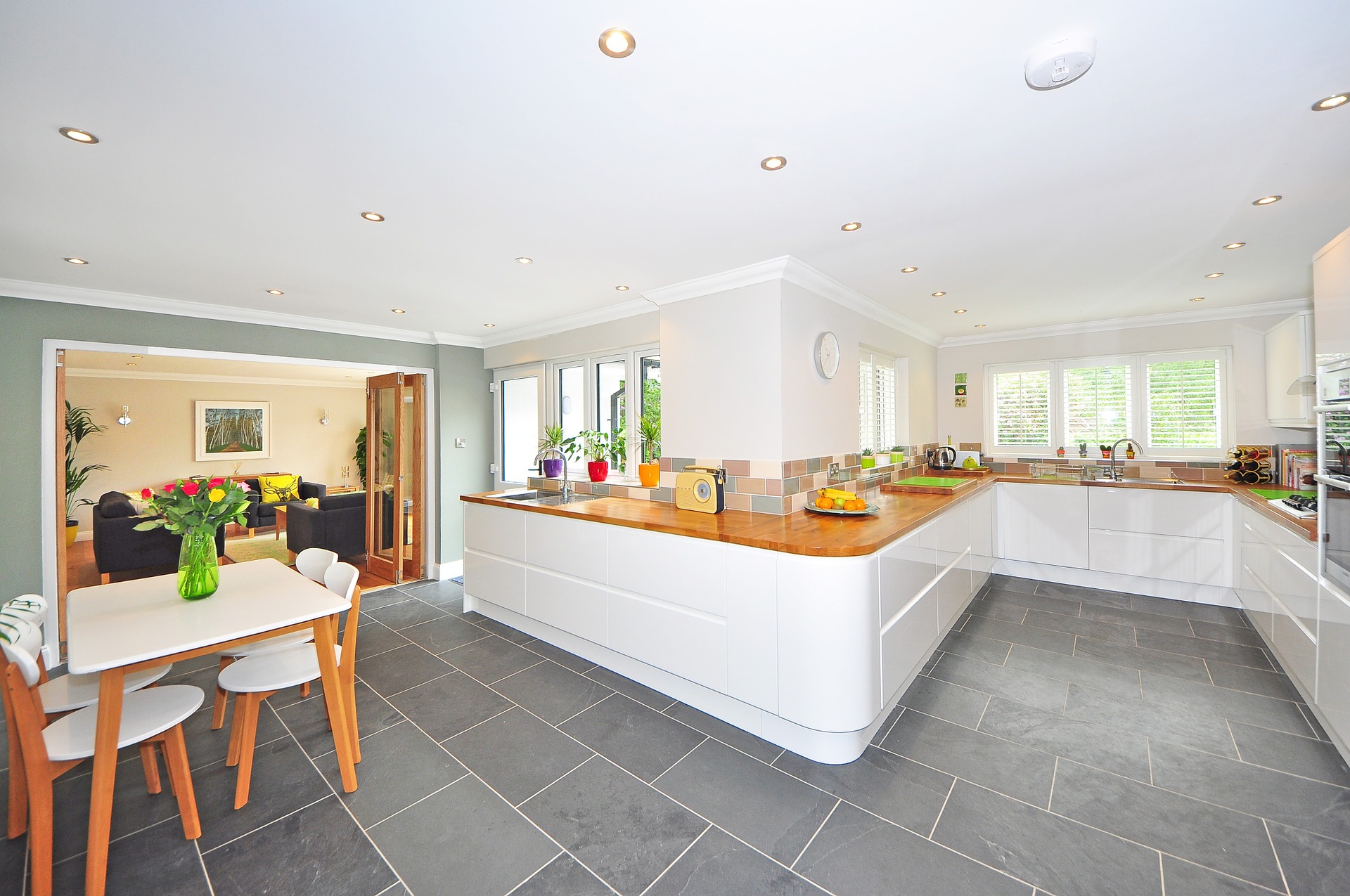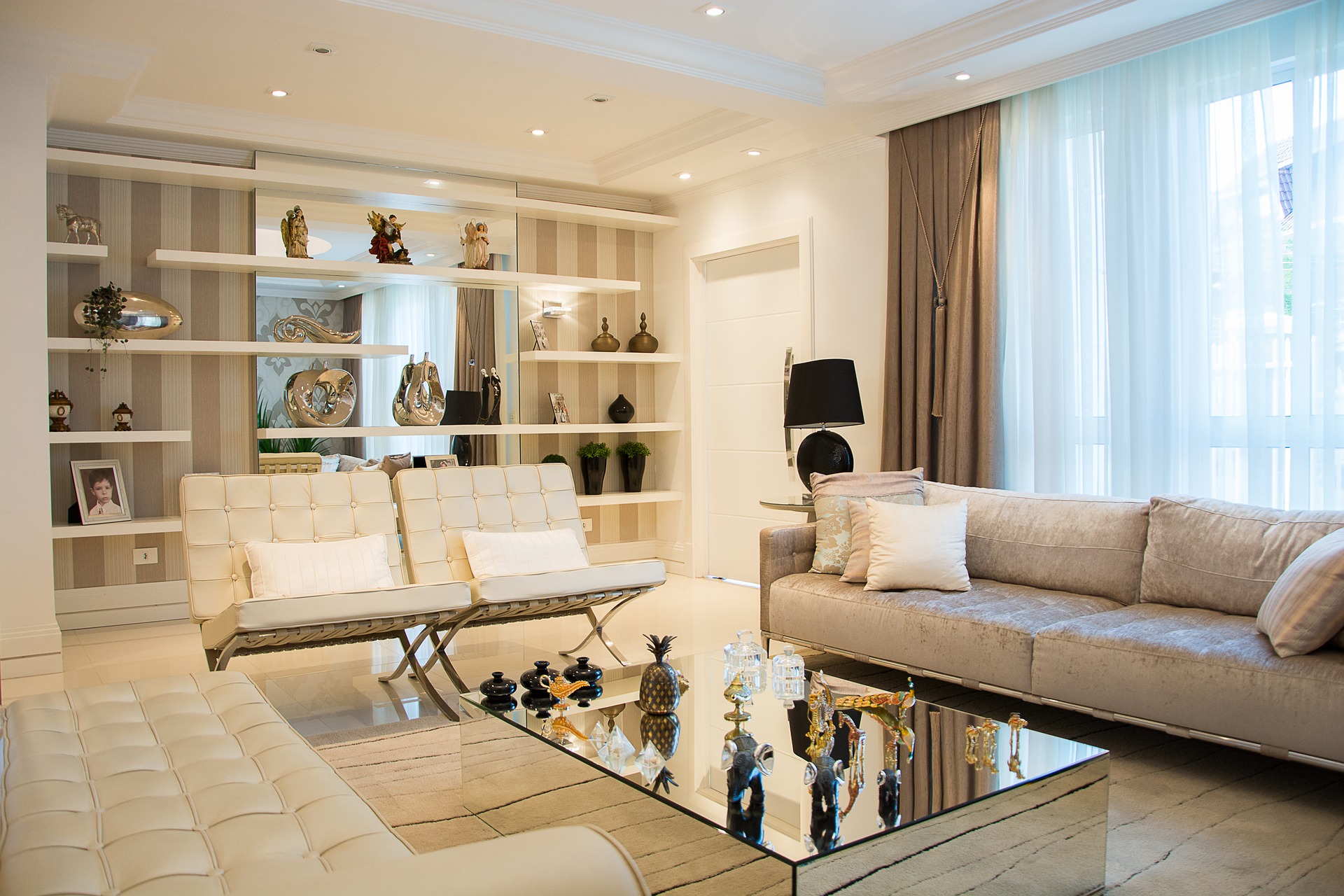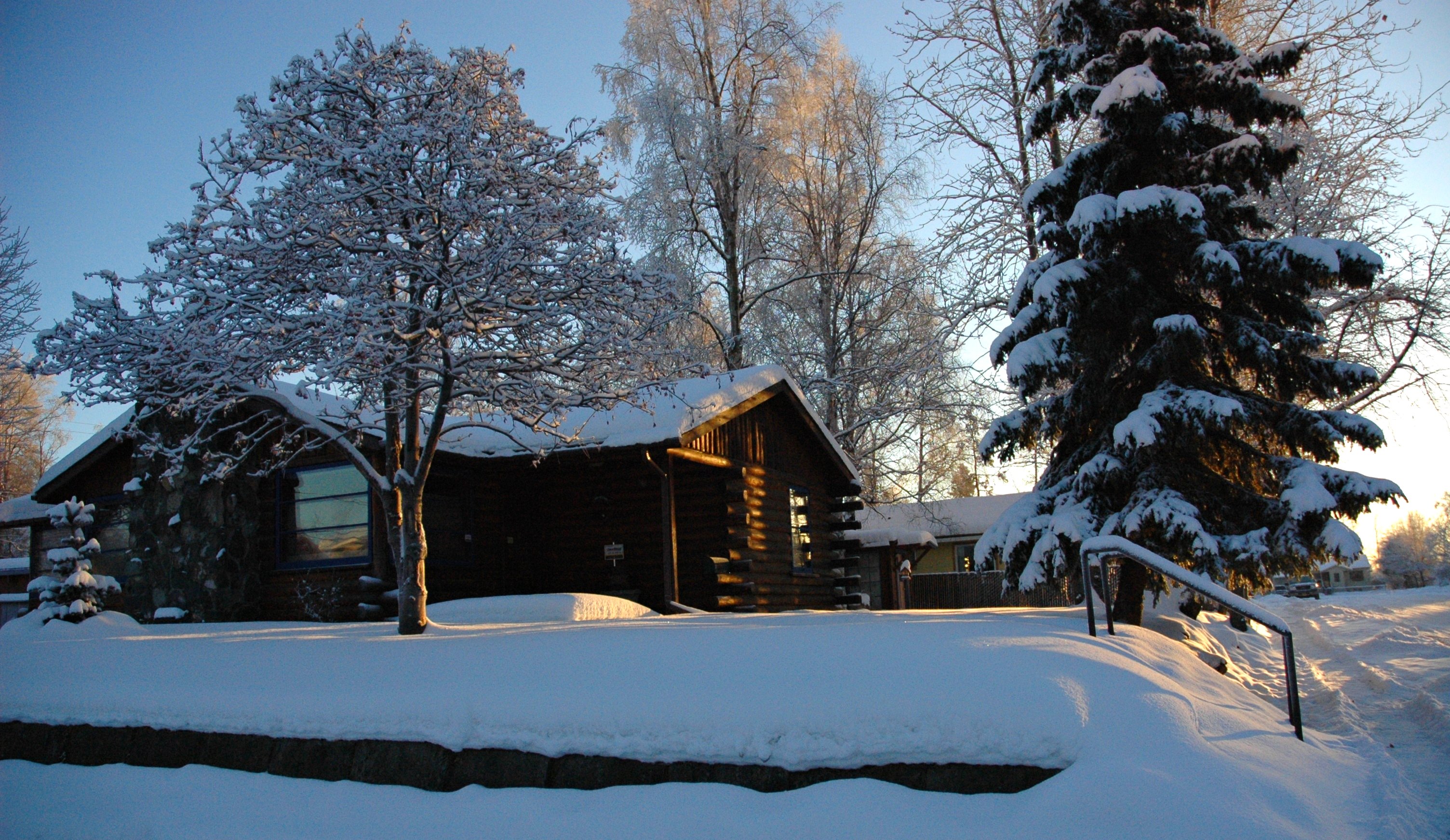 Some people are fine with a house that’s completely “normal.” It looks the same as all the other houses in the neighborhood. It doesn’t feature any strange architectural choices. And it’s completely inoffensive to practically everyone who walks inside it.
Some people are fine with a house that’s completely “normal.” It looks the same as all the other houses in the neighborhood. It doesn’t feature any strange architectural choices. And it’s completely inoffensive to practically everyone who walks inside it.
But others prefer something more unique. A unique house will help you stand out in a neighborhood and make you feel just a little bit different than everyone else. It can be a mark of distinction and pride, while helping you find all the subtle quirks that make your house feel like a home.
So what steps can you take to find a unique house in your area?
Increase Your Options
Your first job is to increase the number of options you can see. With a bigger pool of houses to consider, you’ll be much more likely to find a perfect fit that deviates from the norm.
Here are some ways you can do it:
- Get a real estate license. First, you could get your real estate license. You’ll have to spend time studying and preparing for the exam, but once it’s in your possession, you’ll be much better equipped to find the right home. You can browse a bigger pool of properties and put in early offers to snatch one for yourself.
- Look in surrounding cities. It’s perfectly fine to want a house in a specific city, but if the look and feel of the house is important to you, it’s better to broaden your search. Look for properties in a wide radius and keep an open mind about them.
- Expand your search criteria. If you’re searching for homes with specific features, such as homes with a certain square footage or a specific number of bedrooms, consider expanding your criteria. You’ll find much better options this way.
- Be willing to make offers. If you’re having trouble finding listed properties on the market, consider reaching out to people who aren’t currently selling. With the right offer, they might be more than willing to sell.
Know What You’re Looking For
Once you’ve opened the floodgates, you’ll need to seriously consider what you mean by “unique.” What is it, exactly, that you’re looking for?
- Age and construction style. Older homes tend to have more of a distinctive appearance than newer homes, due to the diversity of construction companies available in the past. You’ll also need to consider different types of architectural styles.
- Exterior features. Are there exterior features you’re looking for, like a specific type of roof or tall gables?
- Interior features. What about interior features? Are you hoping to find a certain type of layout or a specific collection of features in rooms like the kitchen or bathroom? Note that some types of interior features are relatively easy to change.
Work With Others
Next, make sure you work with other people. It’s perfectly reasonable to look for a home on your own, but you’ll see more options and get a better perspective if you get the opinions and insights of others. Your first step is to secure a buying agent (if you don’t have one already). Your agent will help you generate a list of properties to review and can guide you on your purchasing decision.
You can also talk to other people in the industry, especially if they work in your area. For example, you can talk to real estate investors and see if they have any properties for sale.
Prepare for Complications
Unique houses may fit all your aesthetic and structural preferences, but they can also offer unique challenges.
For example:
- Zoning and code issues. Unique homes sometimes get their distinctiveness because they don’t follow zoning regulations or because they skirt around codes and regulations. If this is the case, the home may be unsafe, or you may be required to make several changes before you can move in comfortably.
- Appraisal issues. Before you finalize the purchase of the home, you’ll have a chance to get an appraisal. If you’re financing the home, the appraisal may be required by your bank. Either way, you may find that the home doesn’t appraise for the same value as a similar, conventional home due to its strange nature.
- Insurance issues. In rarer cases, you may have to deal with insurance issues. Your insurance company may charge a higher rate or be unable to insure certain features.
Be Willing to Make It Your Own
Just because a house doesn’t currently fit your needs doesn’t mean you should rule it out completely. Sometimes, the best course of action is to purchase a house with a good foundation and good “bones,” then turn it into something closer to your style. A handful of major renovations can transform any house and make it into your unique dream home.
